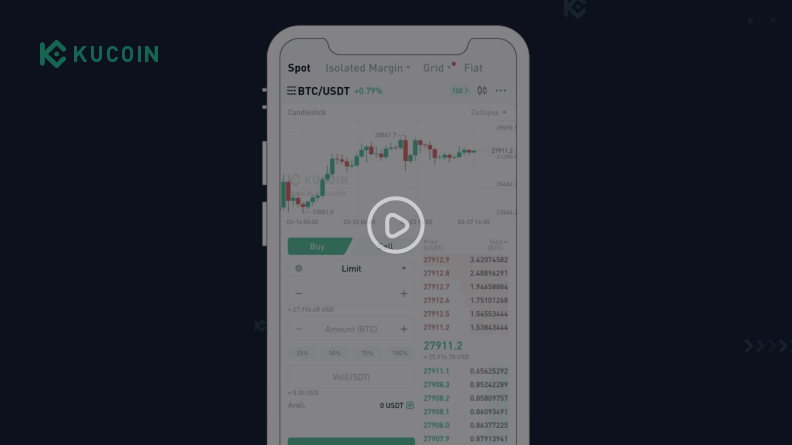Investing in Ethena USDe (USDe) presents several potential advantages, largely stemming from its unique position in the crypto and DeFi spaces:
Stability in a Volatile Market
As a synthetic dollar protocol, USDe aims to provide stability relative to the often volatile cryptocurrency market. This stability makes it an appealing option for investors seeking a haven from the price fluctuations typical of the crypto world while still participating in the ecosystem.
Yield-Generating Potential
Ethena Labs' innovative approach to yield generation—through mechanisms such as staking, ether futures shorting, and capturing funding rates—offers investors a way to earn returns on their holdings. This yield generation is particularly attractive in the DeFi space, where investors are constantly looking for assets that can provide passive income.
Participation in the DeFi Ecosystem
USDe's integration into the DeFi ecosystem allows for a broad range of investment strategies, including liquidity provision, lending, and borrowing. This flexibility can enable investors to diversify their DeFi portfolios and explore various yield-generating opportunities within a stable and reliable framework.
Innovative Financial Products
The introduction of the "Internet Bond" by Ethena Labs, alongside USDe, represents an innovative financial product that combines the benefits of staked Ethereum returns with the stability of a dollar-denominated savings instrument. For investors interested in new and potentially lucrative crypto-native financial products, USDe offers a unique entry point.
Community Engagement and Rewards
Ethena Labs engages and rewards its community through campaigns like the Shard campaign, offering additional incentives for investment and participation in the platform's growth. This not only enhances the token's utility but also fosters a vibrant community around the Ethena ecosystem, potentially increasing the token's value and appeal over time.
Censorship Resistance and Scalability
USDe caters to a growing demand for financial services that are not reliant on traditional banking infrastructures by providing a form of money that is fully backed, scalable, and resistant to censorship. This can be particularly advantageous in regions with restrictive financial systems or for users seeking more autonomy over their financial transactions.




 -0.26%
-0.26%

























